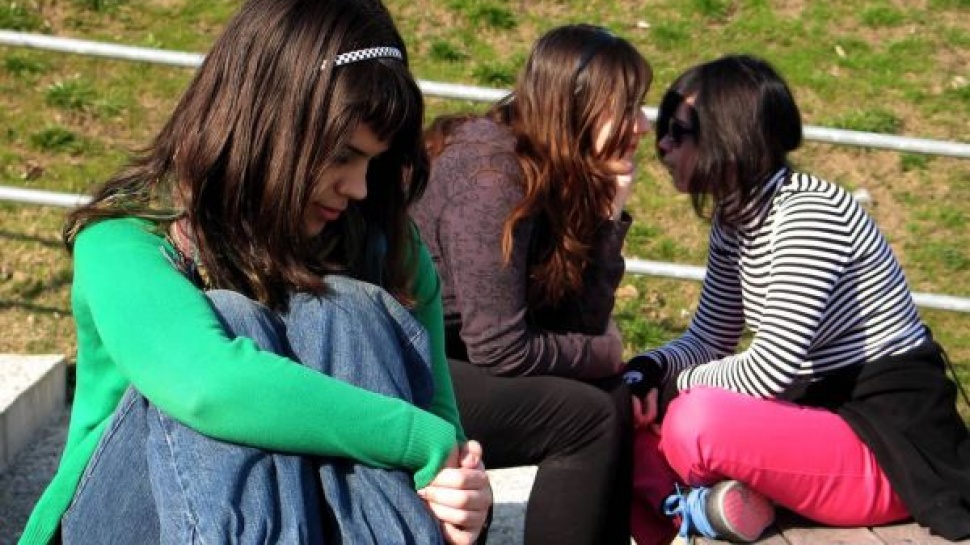Social phobia (also called social anxiety) is a type of anxiety problem. Extreme feelings of shyness and self-consciousness build into a powerful fear. As a result, a person feels uncomfortable participating in everyday social situations.
These social situations may be so frightening that you get anxious just thinking about them or go to great lengths to avoid them.
Underlying social anxiety disorder or social phobia is the fear of being scrutinized, judged, or embarrassed in public. You may be afraid that people will think badly of you or that you won’t measure up in comparison to others. And even though you probably realize that your fears of being judged are at least somewhat irrational and overblown, you still can’t help feeling anxious.
Social phobia often runs in families and may be accompanied by depression or other anxiety disorders, such as panic disorder and obsessive-compulsive disorder. Some people with social phobia self medicate themselves with alcohol or other drugs, which can lead to addiction.
Like other phobias, social phobia is a fear reaction to something that isn't actually dangerous — although the body and mind react as if the danger is real. This means that someone feels physical sensations of fear, like a faster heartbeat and breathing. These are part of the body's fight-flight response. They're caused by a rush of adrenaline and other chemicals that prepare the body to either fight or make a quick getaway.
Although it may feel like you’re the only one with this problem, social anxiety or social phobia is actually quite common. Many people struggle with these fears. But the situations that trigger the symptoms of social anxiety disorder can be different.
Some people experience anxiety in most social and performance situations, a condition known as generalized social anxiety disorder. For other people with social phobia, anxiety is connected with specific social situations, such as speaking to strangers, eating at restaurants, or going to parties.
The most common specific social phobia is fear of public speaking or performing in front of an audience.

Some of the ways social phobia can affect someone's life include:
Feeling lonely or disappointed over missed opportunities for friendship and fun. Social phobia might prevent someone from chatting with friends in the lunchroom, joining an after-school club, going to a party, or asking someone on a date.
Not getting the most out of school. Social phobia might keep a person from volunteering an answer in class, reading aloud, or giving a presentation. Someone with social phobia might feel too nervous to ask a question in class or go to a teacher for help.
Missing a chance to share their talents and learn new skills. Social phobia might prevent someone from auditioning for the school play, being in the talent show, trying out for a team, or joining in a service project. Social phobia not only prevents people from trying new things. It also prevents them from making the normal, everyday mistakes that help people improve their skills still further.
Some kids and teens are so extremely shy and so fearful about talking to others, that they don't speak at all to certain people (such as a teacher or students they don't know) or in certain places (like at someone else's house). This form of social phobia is sometimes called selective mutism.
People with selective mutism can talk. They have completely normal conversations with the people they're comfortable with or in certain places. But other situations cause them such extreme anxiety that they may not be able to bring themselves to talk at all.
Some people might mistake their silence for a stuck-up attitude or rudeness. But with selective mutism and social phobia, silence stems from feeling uncomfortable and afraid, not from being uncooperative, disrespectful, or rude.
http://www.helpguide.org/mental/anxiety_self_help.htm
http://www.invigorate360.com/reviews/a-guide-on-how-to-fight-social-anxiety-disorders/




Share the News